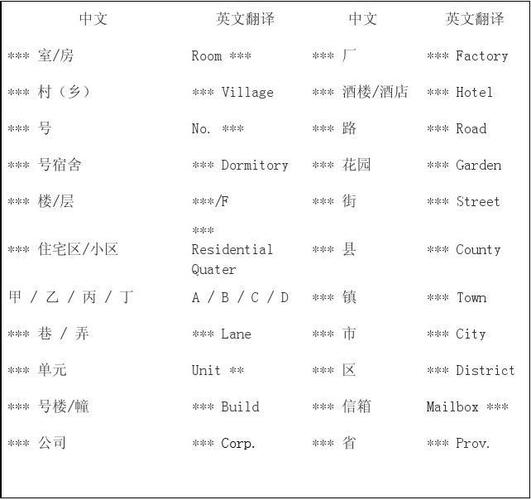Title: Enhancing Efficiency and Quality in Translation Agencies

Translation agencies play a crucial role in bridging communication gaps across languages and cultures. Their efficiency and quality directly impact the satisfaction of clients and the effectiveness of communication. In this guide, we'll explore strategies for enhancing efficiency and maintaining highquality standards in translation agencies.
Technology has revolutionized the translation industry, offering tools and software that streamline processes and improve accuracy. Translation memory software, such as SDL Trados and MemoQ, stores previously translated segments for future use, reducing redundant work and ensuring consistency across projects. Additionally, machine translation tools, like Google Translate and DeepL, can assist translators in generating initial drafts quickly, although human review is essential to ensure accuracy.
Furthermore, project management software, such as Trello or Asana, can help in organizing tasks, deadlines, and team collaboration, thus enhancing overall workflow efficiency.
Despite advancements in technology, human translators remain indispensable for producing highquality translations, especially for nuanced or specialized content. Therefore, investing in recruiting and retaining skilled translators is paramount for translation agencies.
Continuous professional development programs, such as language proficiency tests, specialized training workshops, and certifications like ATA or IoL, can help translators stay updated with industry trends and improve their skills. Moreover, fostering a supportive and collaborative work environment can boost morale and productivity among team members.
Implementing robust quality assurance processes is essential for maintaining high standards in translation agencies. This involves thorough proofreading, editing, and quality checks at various stages of the translation process.
Establishing style guides and glossaries for clients ensures consistency in terminology and tone across all projects. Additionally, conducting peer reviews and seeking feedback from clients can help identify areas for improvement and prevent errors from recurring.
Effective communication with clients is key to understanding their expectations and delivering satisfactory results. Translation agencies should maintain open channels of communication, providing clients with regular updates on project progress and promptly addressing any concerns or revisions.
Encouraging clients to provide detailed feedback after project completion enables agencies to continuously improve their services and tailor future projects to meet client preferences more accurately.
The translation industry is constantly evolving, with emerging trends and technologies shaping the way business is conducted. Staying informed about industry trends, such as the growing demand for localization services in the digital age or the rise of artificial intelligence in translation, allows agencies to adapt their strategies and remain competitive.
Furthermore, diversifying service offerings to include multimedia localization, transcreation, and multilingual SEO can broaden the client base and create new revenue streams for translation agencies.
By leveraging technology, investing in human resources, implementing quality assurance processes, fostering client communication, and adapting to industry trends, translation agencies can enhance efficiency and maintain highquality standards in their services. Continuous improvement and adaptation are key to success in the dynamic and everevolving translation industry.











